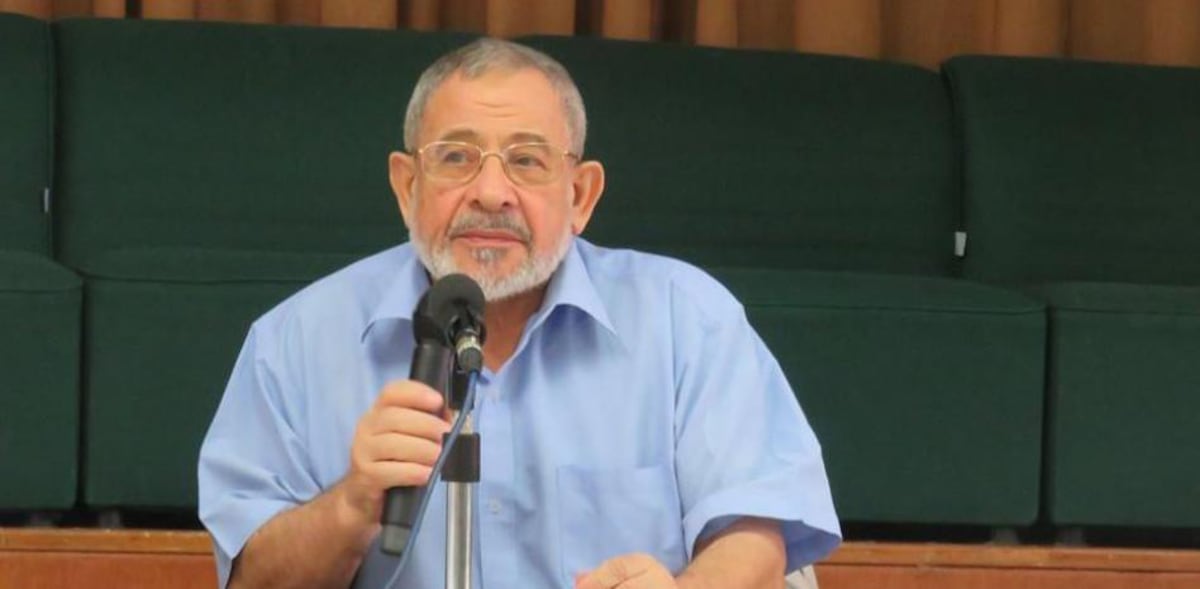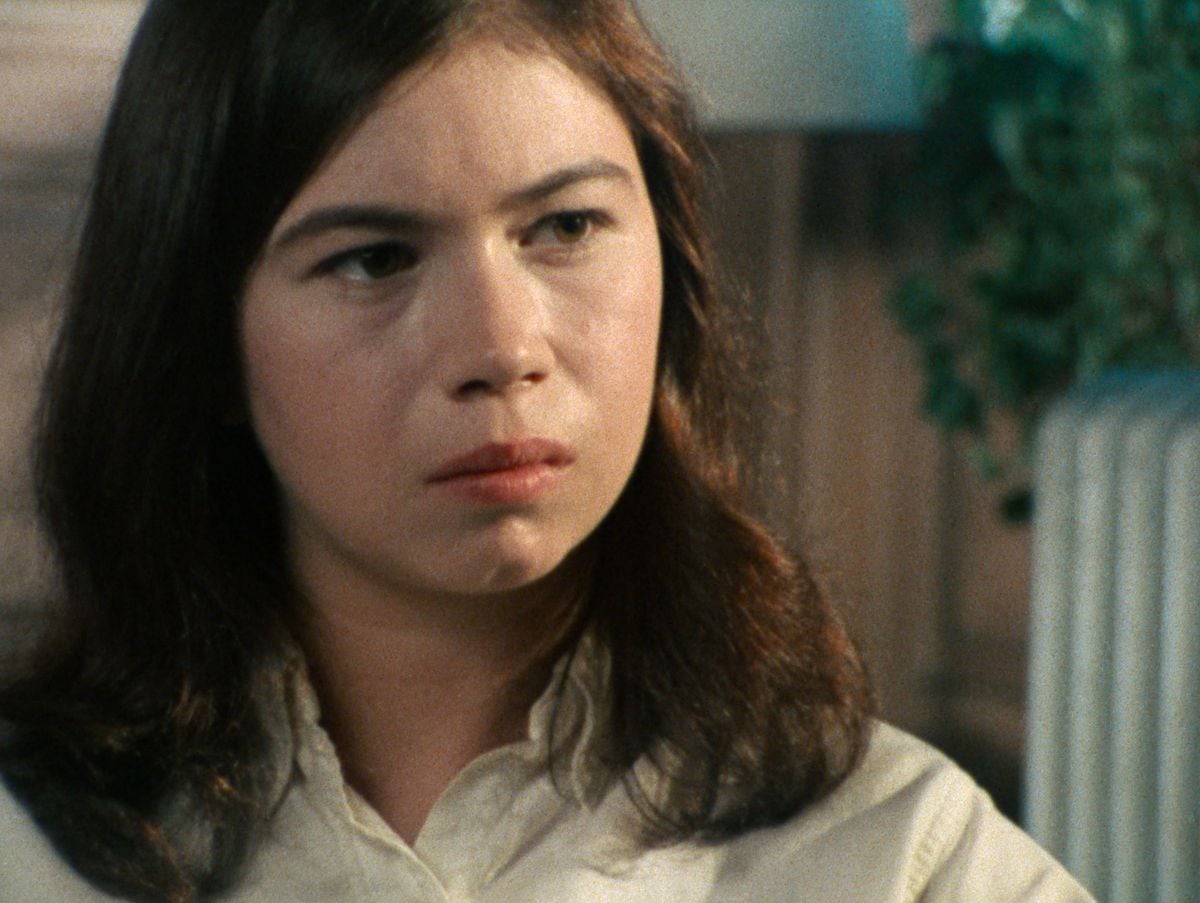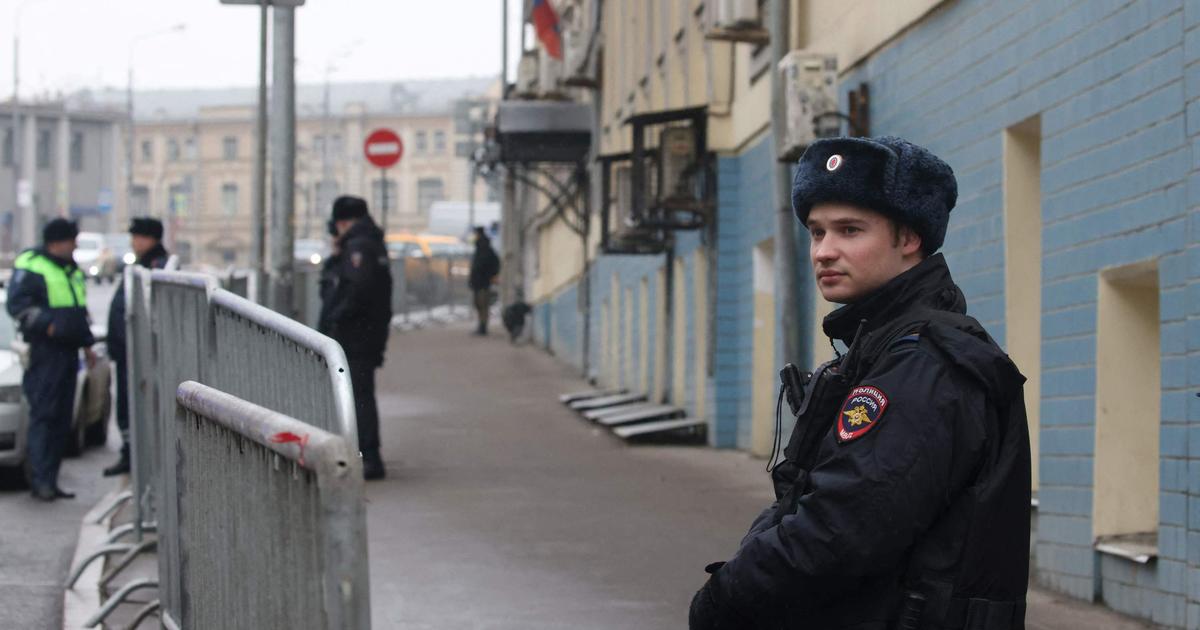The former café of sinister memories has been transformed into a cheerful work room with bright blue and yellow walls, a large blackboard where the latest grammar lesson is still visible, and posters in the oval windows—those have not changed—inviting Various activities for children and parents.
It is difficult to link this local association on Béguines street, in the Molenbeek neighborhood of Brussels, with the bar that the brothers Brahim and Salah Abdeslam ran right there.
That was before launching into a deadly jihadist career that would lead the former to blow himself up in the Paris attacks in November 2015, which caused 130 deaths.
The second, after repenting at the last moment and fleeing, was arrested just before a new suicide attack by the extremist cell to which he belonged, in Brussels,
The Collectif des Béguines, which opened its doors two years later and has just given itself a new coat of paint, was born with the aim of recovering that nightmare place for the neighborhood.
Between these walls where now primary school children review the lesson with their parents, the Abdeslam brothers and many others who have sat on the bench in Paris and since this month have done so in the Brussels mega-process, they spent hours watching videos of the Islamic State (ISIS).
Between coffees and the occasional joint —several had a history of drug dealing—, the Abdeslam brothers and others like their neighbor Mohamed Abrini —the “man with the hat”, the third terrorist in the Brussels airport attack, who is also being tried , such as Salah Abdeslam – watched in a loop from the brutal beheading of American journalist James Foley, to how a Jordanian pilot was burned alive.
But as Emmanuel Carrère recalls in the book in which he has compressed his chronicles of the Paris process,
V-13
, “their favorite video, because they know the protagonist”, was another: the one in which Abdelhamid Abaaoud, another of Molenbeek's childhood friends, is seen dragging several corpses through the Syrian desert with his SUV.
Considered the mastermind of the 13-N attacks in Paris, Abaaoud was shot dead a few days later by the French police on the outskirts of Paris.
It has not been easy to erase the jihadist image of the place, acknowledges Meriem Bouhajra, a Moroccan who moved with two of her three children from the Costa Brava to Molenbeek just when the attacks occurred and now teaches courses at the association.
"It's as if it were cursed, for the people of the neighborhood it was a shock to know that the terrorists were here, they were afraid to enter," explains this coordinator of Action and Dialogue, a group that seeks to promote intergenerational and cultural dialogue.
Like the rest of this area of Brussels (they are known as communes), which often lives with its back to the European capital, the residents of Béguines street have spent years trying to overcome and turn the page on the stigma of jihadist nursery that weighs about them.
Because, proportionally to its population, Belgium is one of the European countries from where more young people left to join the Islamic State or, at least, tried to: more than 600. Of them, almost a hundred came from Molenbeek.
The start of the trial for the attacks in Brussels has once again put the focus on this community of almost 98,000 inhabitants, something that exasperates many residents, who feel responsible for a terrorist act of which, they stress, they too were victims.
"They were looking for a culprit and they found him in Molenbeek, we don't deserve this," laments Lola, an Albanian who is also very active in associations who has lived in the neighborhood for 21 years.
“The people of Molenbeek have suffered a lot because of the bad image that has been transmitted of them.
It is sad and exhausting to always be stigmatized”, agrees Noura Amer, coordinator of the Molenbeek Women's House, another association that seeks the emancipation and integration of women in this commune with a majority of migrant origin, especially Moroccans.
"By dint of focusing on events such as the attacks, an entire community ends up associating with that terror, it is unfortunate," insists Amer, for whom Molenbeek "is a commune like the others", but with "socioeconomic problems, which It is what you have to try: see how you can help people to improve their economic situation, the level of their schools”.
José Luis Peñafuerte had been shooting a documentary on the radicalization of Molenbeek for several months just when the attacks in Brussels took place.
He saw the before, during and after of this quasi-city which is the second poorest municipality in Belgium, one of the most densely populated and has higher than average rates of school failure and unemployment, especially among young people, condemning many to marginality and drug trafficking.
Problems that are not the only ones responsible but that constitute, experts agree, a breeding ground for a radicalization of young people that, in extreme cases, ends up in jihadism.
Or, in other less extreme cases, but also worrying, it leads to a rage that breaks out on occasions like the World Cup in Qatar, when Morocco beat Belgium and there were strong riots.
failed integration
"Although jihadism is more controlled, there is a problem that has not yet been resolved, that of the radicalism in the spirit of many young people due to identity issues, a failed integration, economic crisis, drugs...", analyzes the Spanish-Belgian documentary filmmaker.
"The problem is above all the lack of perspectives coupled with an undefined identity in a community where social and religious pressure is very strong."
In this, Belgium is not isolated.
"The jihadist phenomenon in Europe is part of a context of precariousness, territorial separation, discrimination and existential anguish of a generation in search of references", warned in 2021 in this newspaper the French experts Hakim el Karoui and Benjamin Hodayé, who investigated the cases of 1,460 jihadists from France, the United Kingdom, Germany and Belgium in their book
Jihad militants.
Portrait of a generation attracted to Islamist extremism.
Added to this is the fact that Belgium has, Peñafuerte points out, "a great problem of social elevator".
How to get out of the vicious circle of marginality, school failure, social precariousness and radicalization?
"Education, education, education," replies Peñafuerte.
A mantra that is also used by the associations that try to fill the gaps in Molenbeek.
The workers of the Women's House run by Amer try it every day, and mothers of jihadists also attend whose French, sewing or sexist violence courses;
So do the associations that work in the old Abdeslam café, where the focus is not only on school support, but on the fact that this is fostered by parents, since the problems of uprooting, school failure and violence have, too often, its origin at home.
They trust that, by working in the neighborhoods, hand in hand with the families where the radicalized come from, they can at least give these families "some tools" to identify the "signs of violence, anger and even radicalization" in young people. says Bouhajra.
Although, as has been seen both in Belgium and in France and other countries with radicalization problems,
Follow all the international information on
and
, or in
our weekly newsletter
.
Subscribe to continue reading
Read without limits
Keep reading
I'm already a subscriber









